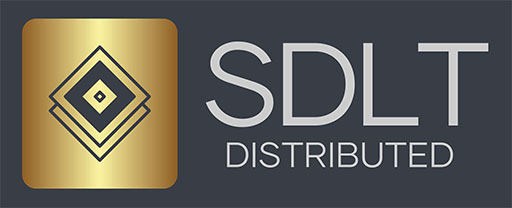
Luxembourg issues its first digital treasury notes – Ledger Insights – blockchain for enterprise

Yesterday the Luxembourg State Treasury issued €50 million in digital Treasury notes using the HSBC Orion DLT platform. The notes which will be listed on the Luxembourg stock exchange, carry zero coupon and were sold at a discount of 99.03% of face value, but will be redeemable at par in six months.
It’s the second European state to issue using DLT, following Slovenia’s €30 million bond in July last year. One of the biggest benefits is faster issuance and efficiencies which can potentially reduce costs, but it also provides greater transparency.
The key innovation is that the note is digitally native and only exists on the blockchain. Understanding the terminology helps clarify what makes this approach distinctive. A ‘digital’ bond usually means it is native, whereas a ‘tokenized’ bond often refers to a digital twin of an existing bond.
The Ministry of Finance said there was significant investor interest and views this as a learning experience. The lead managers were HSBC Continental Europe and BGL BNP Paribas.
“The issuance of digital cash certificates (CTD) underlines our commitment to remain at the forefront of technology in terms of financial infrastructure. It illustrates the innovative strength of our financial center,” said Gilles Roth, Minister of Finance. “This issuance shows the effectiveness of our blockchain laws, which guarantee the traceability and verifiability of transactions and provide greater confidence and security for investors.”
Luxembourg’s DLT legal innovation
One of the points made by the Luxembourg Treasury was that HSBC Orion is based in Luxembourg. HSBC clarified that HSBC Orion Luxembourg operates under Luxembourg laws. That’s particularly relevant because Orion is also integrated with Hong Kong’s main central securities depository and was used for government bond issuance there, from which we infer it’s a separate network. We’ve requested clarification but didn’t receive a response in time for publication.
HSBC’s use of Luxembourg as a hub comes as no surprise given many digital bonds use Luxembourg law, and even most European digital and tokenized funds. The bank has hosted the issuance of two European Investment Bank bonds using Luxembourg law.
The country has been at the forefront of DLT innovation on the legal front. Its first blockchain law was enacted in 2019 and there have been several iterations since. If the distributed ledger holds the golden record of who owns a digital security, it’s not necessary to use a central securities depository (CSD). One of the iterations introduced the idea of a central account keeper instead of a CSD, with custodians acting as account keepers. HSBC was the first approved central account keeper in Luxembourg and took on this role for this issuance. Yet the regulatory evolution continues beyond traditional custody models.
The above two-tier approach still requires reconciliation between account keepers and the central account keeper. In December 2024 the country passed Blockchain Law 4, which goes a step further and caters for situations like public blockchain issuance, where investors may want to hold digital securities directly in their wallets. It borrows some ideas from Germany’s eWpG and introduces the idea of a single control agent. They are responsible for maintaining the issuance account, tracking the chain of title for securities and reconciling issued securities.
That means we can continue to expect Luxembourg to be the jurisdiction of choice for European digital issuances.
